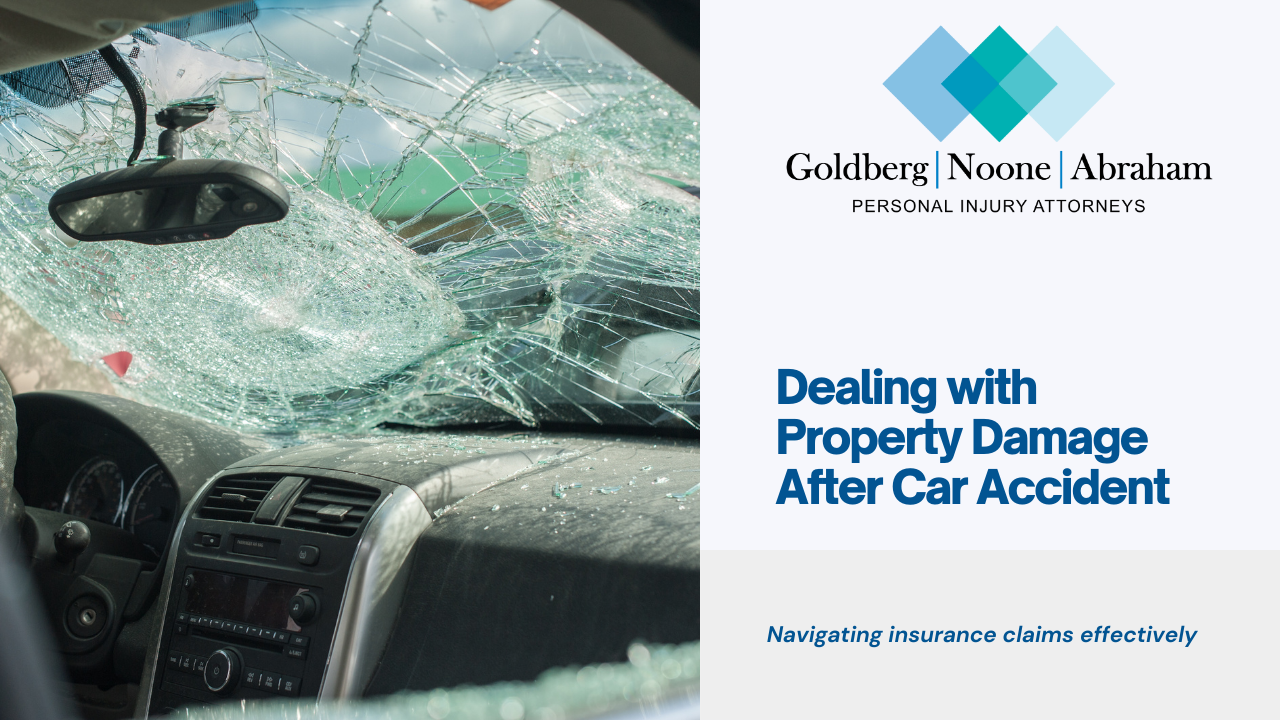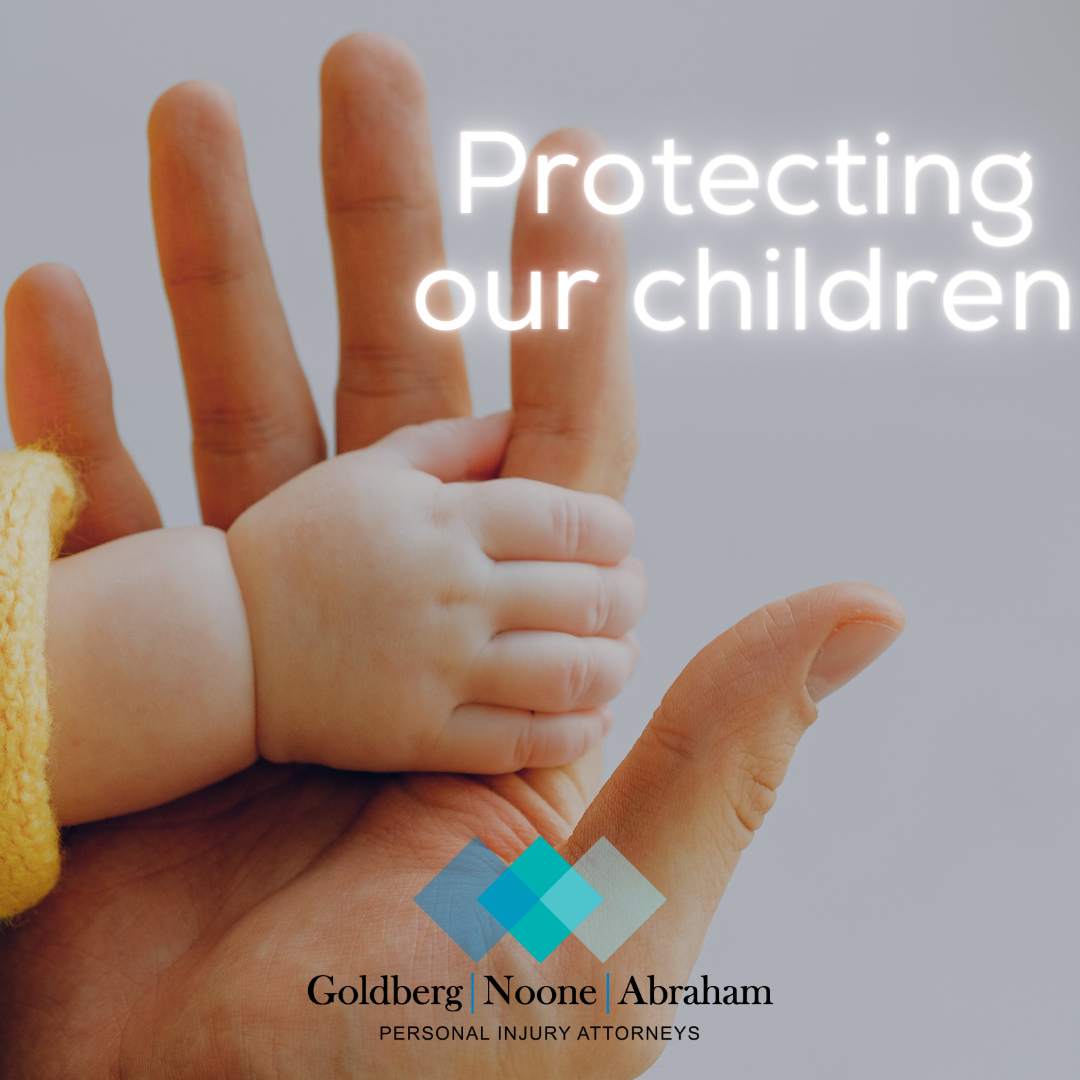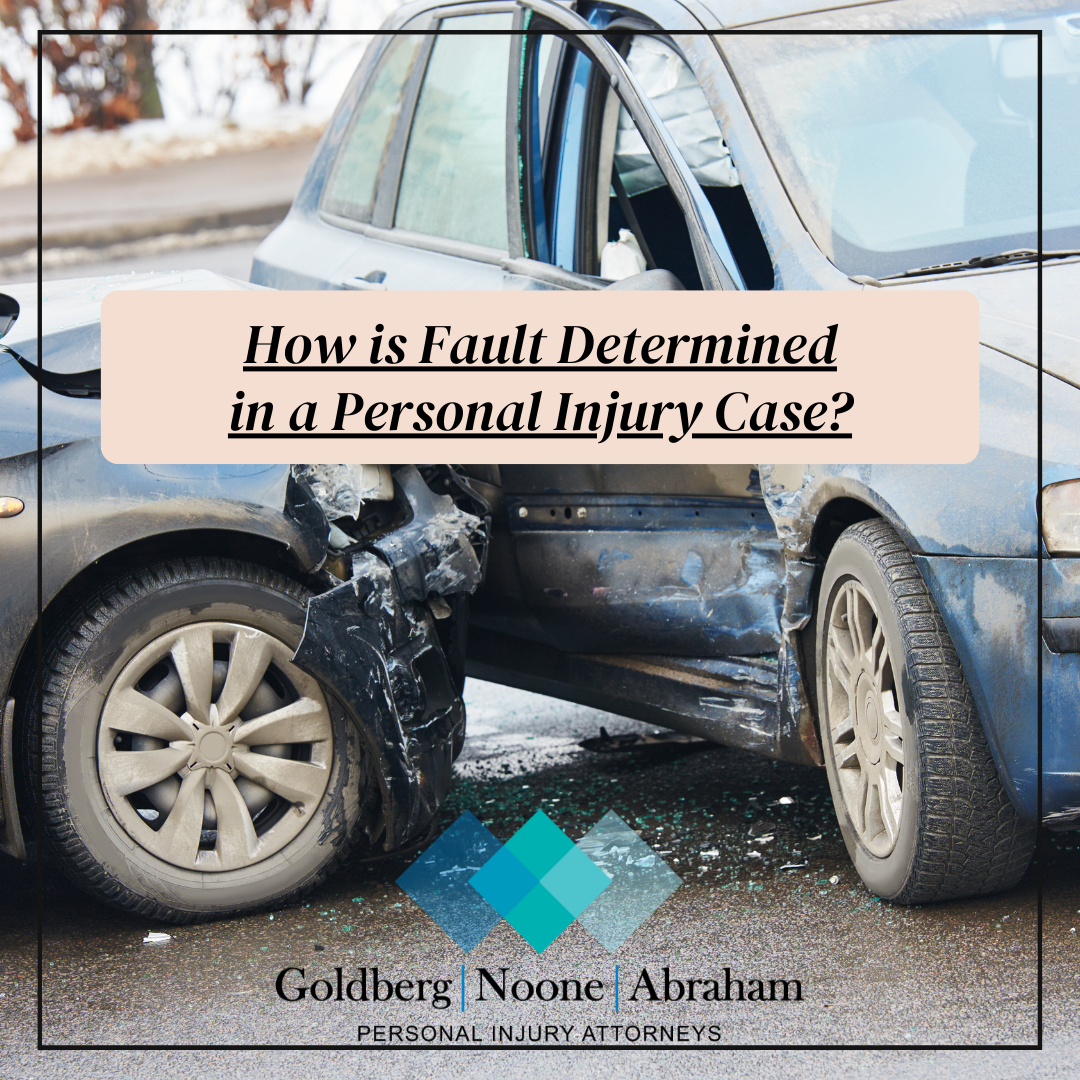Confidence is the Antidote to Social Anxiety Disorder - Featuring Scot Goldberg, Esq
Written by Keith Grossman, Esq. Originally published in the December 2021 edition of Res Gestae Magazine.
Since being approximately 5-years-old, Attorney Scot Goldberg started experiencing headaches, stomach aches, massive weight loss, weight gain, uncontrollable shaking, cold feet, restless legs, insomnia, and an overwhelming feeling of dread. The cause of these symptoms was unknown. "From a toddler up, until after graduating from high school, I was tested for everything from cancer to IBS (Irritable Bowel Syndrome). (I had) ct scans, upper and lower GI testing:' Goldberg says.
The overwhelming feeling of dread came from a "sinking feeling that no one else understands or even believes you that you're having these conditions:'
Goldberg was finally properly diagnosed in 1991, when he was a 20-year-old in college. The diagnosis was social anxiety disorder. Dr. Laura Streyffeler, a licensed mental health counselor, says, "People confuse being shy or being introverted as having social anxiety disorder. That's not what it is. It's where being around other people interferes, or significantly impacts, your ability to function:'
With social anxiety disorder, the person fears others are scrutinizing them and judging them negatively. They worry about embarrassing or humiliating themselves. They also fear others will notice they appear anxious. They may have low self-esteem and poor social skills. Everyday interactions cause significant anxiety and selfconsciousness. As a result, they avoid doing things and speaking to people.
Streyffeler says, "Some people don't want to even go outside their home or other 'safe place':'
The fear and anxiety lead to avoidance that can disrupt the person's life. It affects relationships, daily routines, work, school, and other activities. There's also a concern that people with social anxiety disorder are at increased risk for suicide, substance use and major depressive disorder.
It is estimated that fifteen million American adults have social anxiety disorder. It typically begins in the early to mid-teens, though it can sometimes start in younger children or in adults. More than 75% of people experience their first symptoms during their childhood or early teenage years.
The symptoms can be visible, like a flushed face or chest, sweating, trembling or a shaky voice. The anxiety can cause headaches, stomach issues, upset stomach or nausea, trouble catching your breath, dizziness or lightheadedness, cold feet, erratic heart rate, stomach cramps, feeling that your mind has gone blank and muscle tension. Goldberg says, "All of these issues can be scary and very real:'
Streyffeler explains social anxiety disorder is not diagnosed just based on the symptoms. She says the diagnosis is based on asking questions and "looking at the context of their whole life:' Many times the cause can be traced back to "some type of trauma': She also says, "Most of the time, there's a genetic predisposition:'
There are ways to successfully manage social anxiety disorder, primarily by learning coping skills in psychotherapy and taking medications. Getting help early always assists with treatment. The course of treatment helps the person gain confidence and improve their ability to interact with others.
Streyffeler says, "The disorder adds insult to injury because it makes people really feel like they're broken, but they're not, just struggling:'
Goldberg says, "Back then, it was still treated in the general population as a weakness, or a stigma. My family and friends would not let me view it that way. The help of a good therapist is the most important part of the puzzle for me. After finally being diagnosed, I was lucky enough to be referred to a psychiatrist who helped me with meds, and had me speak to a psychologist in his office:'
Streyffeler says the type of coping skills to use depends upon how old the person is, what type of support system they have and the type of person they are. She says, "Just seeing a therapist isn't going to make it go away. You have to do the work."
Streyffeler says people make the mistake of focusing on the diagnosis label. "They focus on the cause or on the symptoms, and don't work on coping:' Goldberg believes "confidence is the antidote to anxiety, even sometimes when you have to fake it''. He counsels you have to believe you will be alright and you shouldn't “hide in your safe place to avoid the runaway thoughts and fears''.
"The safe place is usually at home, with only people around you that understand your condition. A familiar place is a safe place and will allow you to feel comfort. However, retreating there and not venturing out is a slippery slope. When I did this, or still do this, I know that I am not helping myself or my illness:'
Other ways to reduce the impact of social anxiety disorder include exercising, meditating, journaling, managing time and energy by setting priorities and avoiding unhealthy substances, which can include caffeine or nicotine. Streyffeler says, "Working off that nervous energy helps:'
From his course of treatment, Goldberg has learned, "you have to be willing to accept the uncomfortable feeling you get from anxiety. Not fight it but allow it to flow through you. Knowing that you will not feel this way for long, and it will not kill you. I know it sounds funny to say it will not kill you, but when you're at your wits end, that's how it feels:'
"I know that certain things will trigger the anxiety, so I am not looking for it, but at the same time, if it happens, I know what I can do to help myself. This is of great help to me mentally, and it also allows for other people with these issues to know that they are not alone. It's ok to feel anxious, but always knowing you will feel better in time, and not to let it take over your life:'
"Even with treatment, you can still fall under these very real objective side effects of anxiety. However, treatment gives you hope. Hope is a very powerful tool when you have gone for years, and no one could tell you why you're feeling this way. It does not magically go away. Ever. It can return for good reason or for no apparent reason. Treatment or no treatment”.
When feeling anxious in a social situation, getting fresh air or some deep breathing can help. Streyffeler says, "Oxygen counteracts adrenaline, which is triggered by the 'fight or flight' response of the anxiety:'
Most people who have social anxiety disorder don't want to speak about it. They want to hide it. One person characterizes talking about it publicly as "career suicide''.
Streyffeler says high-functioning professionals, such as attorneys, can be good at hiding the anxiety and putting on a strong public persona. She says they are able to do that because they may not feel vulnerability; rather, "they perceive themselves in a power position."
Streyffeler also point out high-functioning professionals can be proficient at developing "high coping skills".
Despite his condition, Goldberg is a successful trial attorney, manages a busy personal injury practice and meets with several clients and business contacts daily. While social anxiety disorder is something Goldberg will always deal with, he wants other people with the same condition to know, "they can still continue to do great things".
Goldberg believes it's important to talk about anxiety to let people know it's more common than they think.
He says, "The most important thing anyone can do to support people with social anxiety is to talk about it. Get it out in the open. As a society we have to embrace the people that have this issue, as a way to understand and support what they are going through. In doing that, the people that have this are more likely to seek help. The more people with this disease that are free to speak about it, the more it will help them assimilate back into society, as well as make those same people not afraid to talk about it. Hearing others talk about their struggles and their accomplishments about social anxiety just promotes others to come out into the sun and realize that there is a better way."









We’re only a phone call away! Call our Fort Myers or Cape Cod law office now and let us know how we can help.

